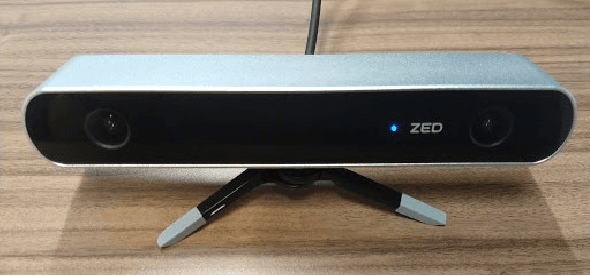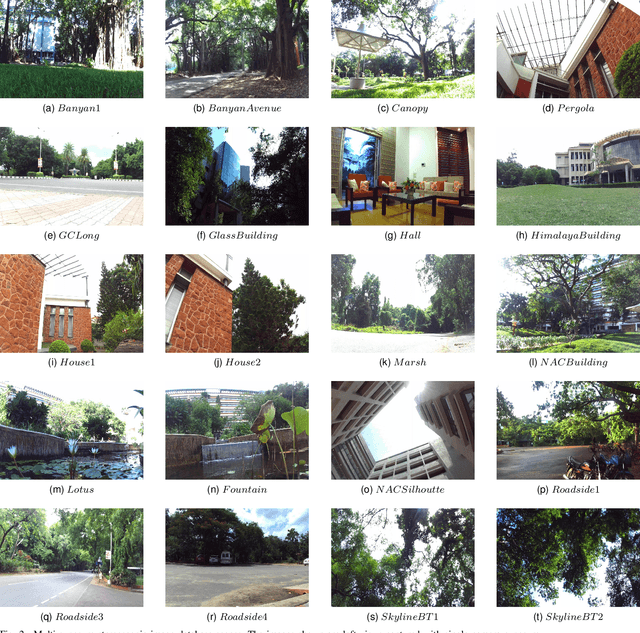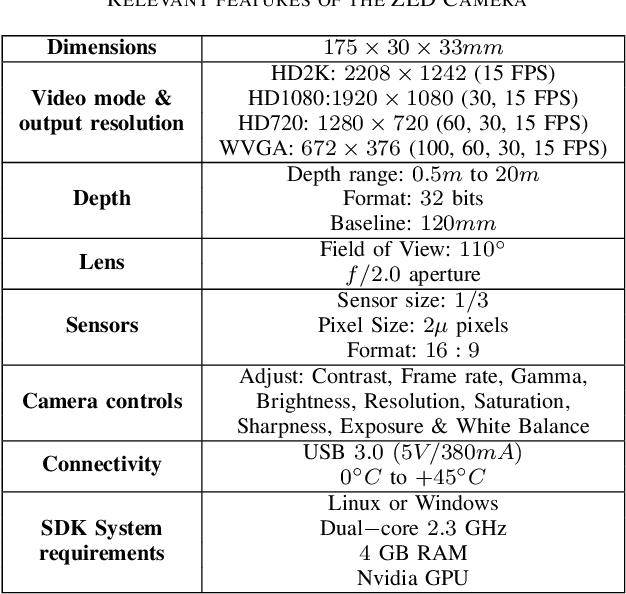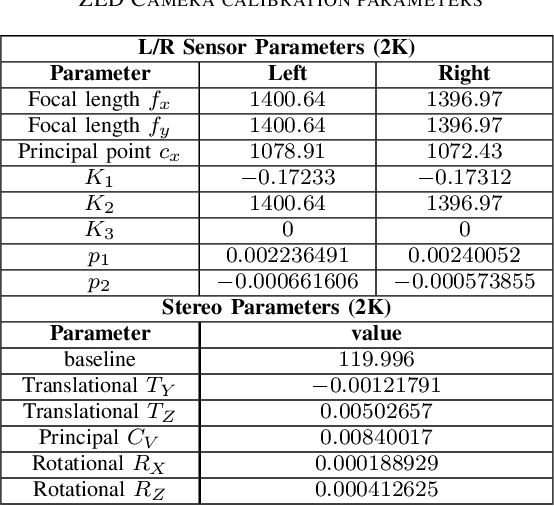A High Resolution Multi-exposure Stereoscopic Image & Video Database of Natural Scenes
Paper and Code
Jun 22, 2022



Immersive displays such as VR headsets, AR glasses, Multiview displays, Free point televisions have emerged as a new class of display technologies in recent years, offering a better visual experience and viewer engagement as compared to conventional displays. With the evolution of 3D video and display technologies, the consumer market for High Dynamic Range (HDR) cameras and displays is quickly growing. The lack of appropriate experimental data is a critical hindrance for the development of primary research efforts in the field of 3D HDR video technology. Also, the unavailability of sufficient real world multi-exposure experimental dataset is a major bottleneck for HDR imaging research, thereby limiting the quality of experience (QoE) for the viewers. In this paper, we introduce a diversified stereoscopic multi-exposure dataset captured within the campus of Indian Institute of Technology Madras, which is home to a diverse flora and fauna. The dataset is captured using ZED stereoscopic camera and provides intricate scenes of outdoor locations such as gardens, roadside views, festival venues, buildings and indoor locations such as academic and residential areas. The proposed dataset accommodates wide depth range, complex depth structure, complicate object movement, illumination variations, rich color dynamics, texture discrepancy in addition to significant randomness introduced by moving camera and background motion. The proposed dataset is made publicly available to the research community. Furthermore, the procedure for capturing, aligning and calibrating multi-exposure stereo videos and images is described in detail. Finally, we have discussed the progress, challenges, potential use cases and future research opportunities with respect to HDR imaging, depth estimation, consistent tone mapping and 3D HDR coding.
 Add to Chrome
Add to Chrome Add to Firefox
Add to Firefox Add to Edge
Add to Edge